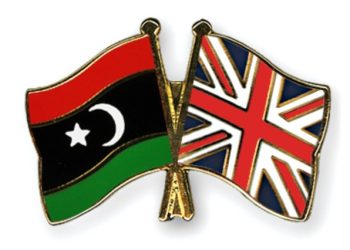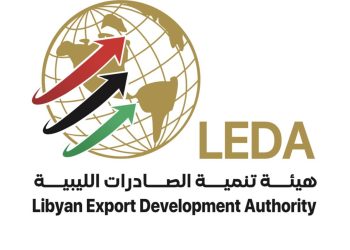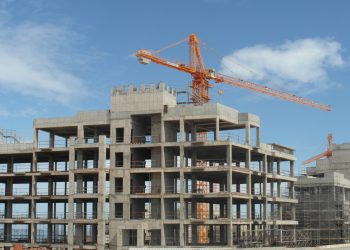As a result of last week’s visit to Libya by a 10-member Jordanian ministerial team led by the country’s prime Minister . . .[restrict]Awn Khasawneh, the two countries have agreed to further expand their bilateral cooperation in all fields and to intensify contacts and visits between officials of the two countries. Libya is also reviewing a request by the Jordanians to assure their oil and petroleum product needs at preferential prices.
The two sides agreed to hold regular meetings of their Joint High Commission and its sub-committees and to thoroughly monitor the implementation of the agreements signed between them.
They agreed to further boost their economic, industrial and investment cooperation and to increase the volume of bilateral trade through a number of mean including exhibitions in both countries, particularly those focusing on the reconstruction of Libya.
They urged the business sector to explore investment opportunities in each country and to establish joint ventures and integrated projects to further increase the volume of trade.
The two sides agreed to formulate common laws, rules and regulations governing imports and exports and said they would inform each other about any change in amendments to such rules. They pledged to facilitate the transport of Libyan and Jordanian commodities by land, sea and air and to provide the opportunity for Jordanian goods and services to compete in Libyan government tenders.
The Jordanian side expressed readiness to provide training for Libyans in domestic and external trade, industrial development, investment, intellectual property, fighting dumping and protectionism, specifications and standards and any other sectors that might be needed by Libya.
For its part, Libya is to provide Jordan with a draft Memorandum of Understanding (MOU) on cooperation in investments for Jordan’s consideration prior to it being signed at the fourth meeting of the Joint High Commission.
The two countries also agreed to exchange skills in the financing of SMEs. Libya is to benefit from Jordan’s experience in the development of business centers, project financing and capacity building.
Officials of the Libyan National Program for the Development of SMEs will visit Amman at a time to be agreed upon later to hold talks with the Jordanian Corporation to Promote Economic Projects. The aim is to assess Jordan’s experience in the field.
The two sides also agreed to make the Ministry of Industry and Commerce in Jordan and the Ministries of Industry and Economy in Libya as points of contact to monitor the areas of cooperation and deal with any obstacles that might impede their bilateral trade exchange.
The Jordanians presented the Libyans a draft MOU on cooperation in the areas of labour, training and the development of human resources for their consideration prior to signing it during the fourth meeting of the Joint High Commission.
The Libyan side welcomed the Jordanian workers in the Libyan labour market.
The two sides also agreed to settle the conditions of the Jordanian labourers currently working in Libya. Libya was invited to send a team to Jordan to assess its experience of the labour market and vocational training.
The Libyan side agreed to benefit from the experience of Jordan in the preparations of basic infrastructural strategies, public works, utilities and housing. Libya asked Jordan to provide it with engineering and architectural services and welcome the Jordanian engineers in its labor market to participate in the projects of reconstruction. The Jordanian contracting and engineering companies were welcomed to contribute to the rebuilding of the basic infrastructure in Libya.
The Jordanians expressed readiness to help Libya in the restructuring of the government sectors and in revising and amending Libya’s legislatures according to the international standards. They also said they were ready to extend their experiments in the fields of IT, electronic education, the online government, the promotion and Arabization of computer programs.
The Jordanian side agreed to transfer to Libya Jordan’s experiment in the training of teachers on the new methods of education and in the special education for students of special needs. They also said they were willing to help Libya in putting educational syllabuses.
The Libyan side handed over to the Jordanian side Libya’s project for higher education and scientific research for the years 2012-2014 prior to reaching a final formulae which will be signed during the next meeting of he commission.
The Libyans asked the Jordanians to facilitate the procedures of residence for the Libyan students studying in Jordan and to allow the medical students to do their internship in the Jordanian medical institutions. They also asked for the admission of the Libyan students studying in Syria in the Jordanian universities. The Jordanian side promised to consider these requests and reply to them soon through diplomatic channels.
In the financial and banking sector, the Jordanian side expressed readiness to provide Libyan with the technical support needed to liberalize its banking system and to train Libyan cadres.
The Libyan side welcomed the increase of the flights of the Royal Jordanian Air to the Libyan cities. The Jordanians promised to help Libya in the overhauling of airports, rehabilitation of seaports and training of Libyan cadres.
[/restrict]







